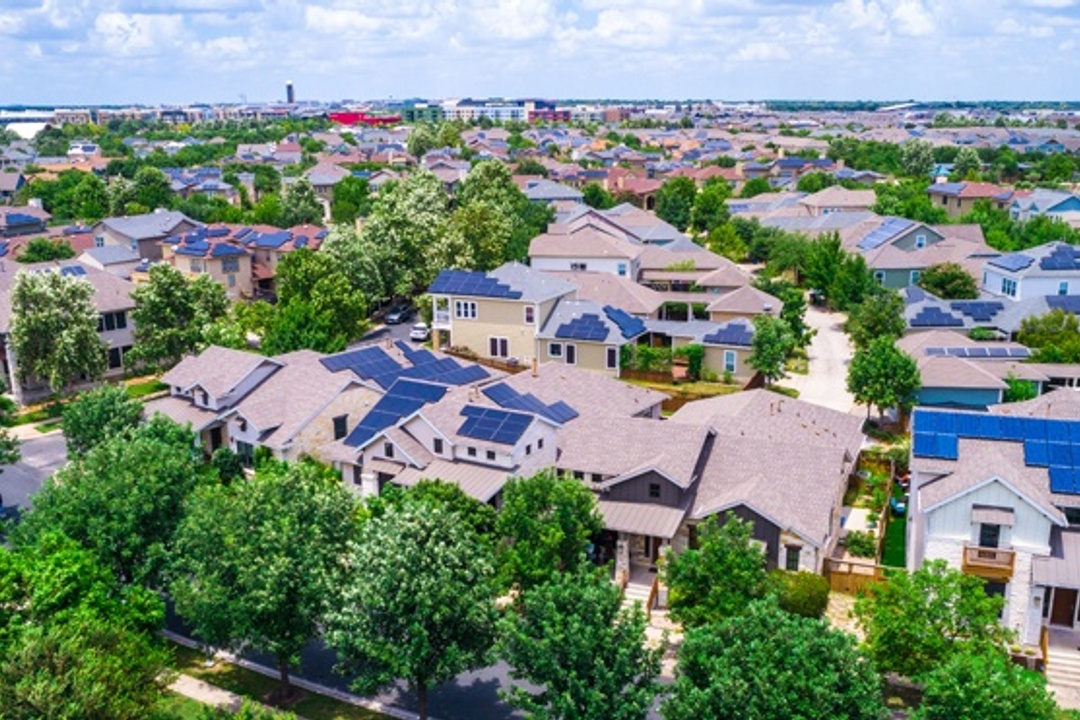
There are two ways to invest in real estate. One way is to buy shares in a real estate investment trust. Much like purchasing stocks or buying into a fund, you purchase shares of a portfolio of properties. This requires an understanding of how the real estate fund is designed and how its managers will likely extract value from  its holdings. The other is direct ownership. This means buying a property yourself, and either owner occupying, renting, or flipping. Here, we’re going to concentrate on the latter. Directly owning real estate can be one of the most rewarding investments a person can make. It can also be one of the most disastrous for the unprepared buyer. How do you know when you’re ready to invest in real estate? Consult the signs below.
its holdings. The other is direct ownership. This means buying a property yourself, and either owner occupying, renting, or flipping. Here, we’re going to concentrate on the latter. Directly owning real estate can be one of the most rewarding investments a person can make. It can also be one of the most disastrous for the unprepared buyer. How do you know when you’re ready to invest in real estate? Consult the signs below.
1. You are financially stable. It’s important not to assume that today’s rising rental rates will lift future cash flow. Tight rental markets will usually eventually be eased as new construction projects enter the market, causing rents to level off. It’s best to calculate your return numbers conservatively to ensure you’re not blindsided in the future. Home ownership can come with many future unexpected expenses such as appliance replacement, rising property taxes, home repairs, and more. Making sure you are financially secure enough to cover these expenses without it severely affecting the amount you bring in is key. Having reserve cash on hand for just such an occasion can be extremely helpful, and save you a lot of stress down the road.
2. You have done your research. Just like you would compare brands and models when purchasing a car or a television, you need to ensure you’ve done the right amount of research before purchasing a house. There are research considerations for each type of real estate investor - whether you want to be a personal homeowner, a future landlord, or a flipper. Talk to other people who own properties, read books, scour the internet, go to the local real estate investment clubs, etc. The better you educate yourself, the higher the chances you will take the proper steps to reduce your risks and make smart and safe decisions.
3. You have assessed your goals. Knowing your real estate goals will help you figure out what type of property you are going to be looking for, and help you know exactly what you want to get from real estate investing. Do you plan on owning the property long term? Do you want to buy as a personal residence to change to rental? These are important questions to ask your self before beginning your real estate investment journey. Setting a five-year plan can be helpful when assessing your goals. Write down where you want to be financially in five years, how much positive income do you expect to be taking in? What can you do in the next 12 months to achieve your long-term goals (be specific, and make your items measurable)? What can you do in the next six months to achieve your 12-month goal, and what must you do this month to move toward your six and 12-month goals? Deciding to owner occupy before turning a house into a rental property can be a profitable five year goal, as you will already know the house and its maintenance issues, as well as the neighborhood, neighbors, and other factors which will make it easier to maintain.
4. You know the neighborhood. A good rule of thumb is to only buy properties where you wouldn’t mind living. Buy properties in nice, moderate, working class areas where there are not too many foreclosures, empty properties, or in a city or area that is in decline. Know if your neighborhood of choice is it in a flood zone. Knowing what schools are in the area you are purchasing a property is key, as there is little more important to a renter with children than schools. Check out the schools ratings on greatschools.org, and avoid buying in an area with very poor educational systems. Another thing to consider is your potential neighborhood’s proximity to amenities such as parks, ball fields, grocery stores and shopping centers, or restaurants and nightlife. Think about what makes the neighborhood desirable or undesirable, and this will help you decide whether the area will continue to be profitable in the future.
5. There are infrastructure projects underway, or new attractions planned nearby. Buying a home in an area that has infrastructure projects underway is a great way to ensure your home holds its value for years to come. Improvements in transportation, communication, sewage, water and electric systems are all vital to an areas economic development and prosperity. If an attraction such as an ampitheater, sports arena, or mall is being built nearby, that’s usually a good indicator that the area is up and coming and that its property value will increase. Many times when one of these attractions are built in an area hotels will spring up to host out of towners and cause the area to flourish.
6. You are familiar with the house you are looking to buy. Educate yourself about potential problems that could occur with the home. Is the foundation sturdy? What is new and what needs to be replaced in your potential home? Why is the seller selling it? Is it in a flood plane? All of these questions are essential to answer before purchasing a house. It would be a huge waste of money to buy and fix up a home, only to have its foundation crack, have it flood during the next rain, or require more repairs than budgeted for. A well-trained inspector can usually help you point out many of these issues, but it’s always smart to ensure you are also familiar with the house, its quirks, and its faults.
7. The location draws a lot of interest. If the location you are considering purchasing in draws interest from people, it’s probably a safe bet to invest there. Areas that have flourishing job markets such as Texas, Colorado, and Utah are sure to have an influx of people moving to them, stimulating real estate economy. Areas that have vibrant cultural, culinary, and artistic scenes are also likely to bring in a significant return on investment (ROI). If the city you desire is becoming overpriced, keep an eye on the outskirts of town as they will most likely be in demand soon. Kudos if you can find a low priced property in the outskirts that has easy access to transportation into the city!
8. It’s a buyer's market. Obviously, the best time to invest in real estate is when your area of choice is in a buyers market. What’s a buyers market, you ask? There are several factors that indicate a buyers market such as low mortgage rates, low real estate prices due to a large number of homes on the market and a more than six months average DOM (days on market) for residential sales. While it is certainly not imperative to wait for a full-on buyers market environment to invest, these conditions will assure that you get the most ROI.
9. You have good credit. Much like making sure you are financially stable, making sure your credit is good (or great!) will ensure you qualify for the lowest interest rate, giving you the highest ROI. A good lender can help you predict what kind of interest rate you qualify for, and help you fix any credit issues you may have prior to applying for a loan. Your lender can also help you decide whether you should get a fixed rate mortgage, which is great for investors since your mortgage payment will remain the same for the time that you own the house.
10. You have found a reliable real estate agent. Many buyers (especially ones who have experienced a successful closing in the past) think that they can handle a real estate transaction on their own. Because the market is constantly changing, the process may not go as well the next time. It’s always key to employ the help of a real estate investment expert when purchasing a house to ensure you make the right purchase. Including a savvy real estate agent in your decision, as well as an experienced home inspector, handyman, insurance rep and a good attorney, can ensure you don’t find yourself in an unfavorable real estate deal. These experts can alert an investor to flaws with the home and neighborhood, and ensure the best deal possible is negotiated. A real estate agent can ensure that you don’t overpay by comparing similar sold homes in your area of choosing.
Happy investing!










